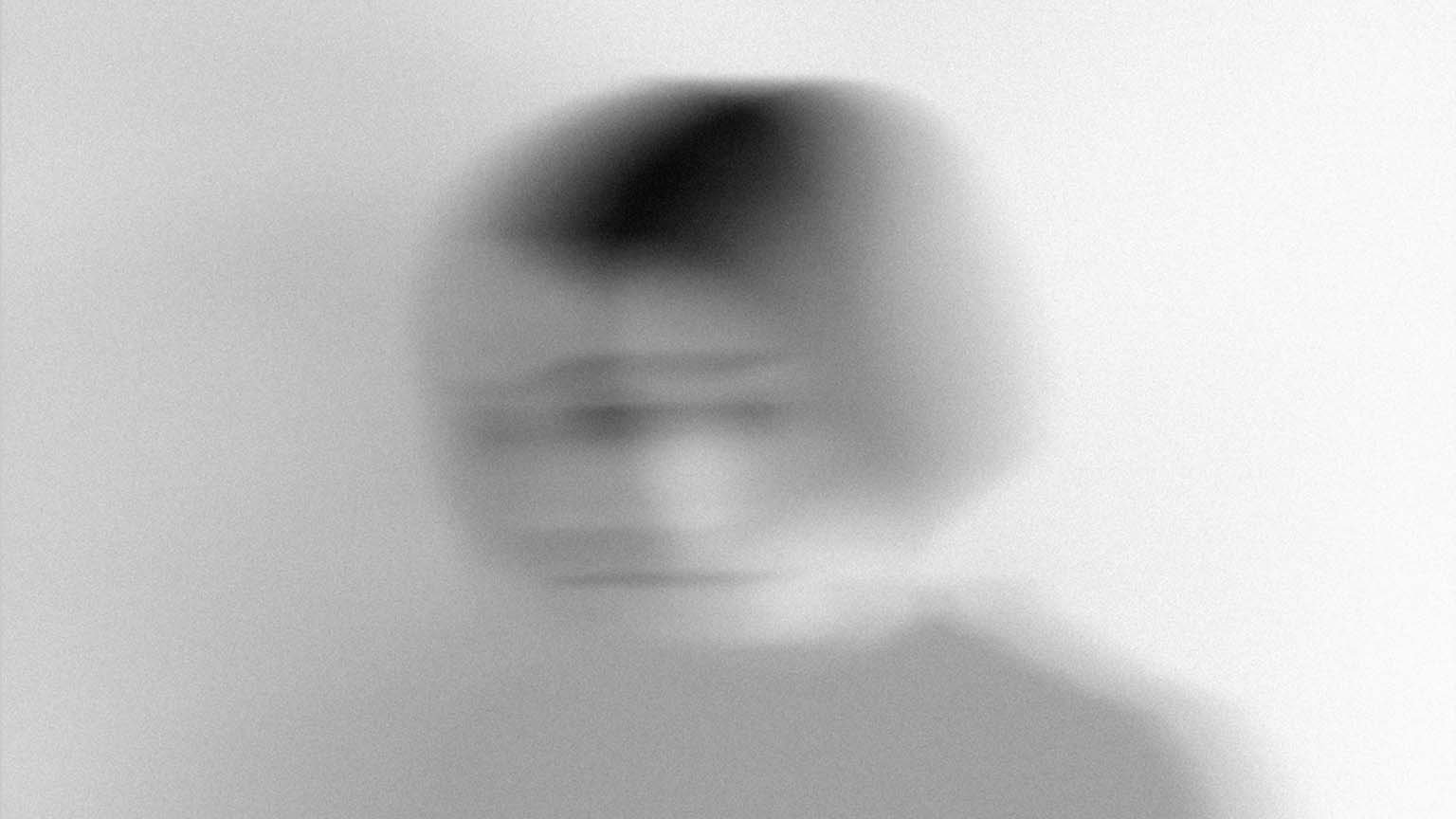
Today the world is aware of the importance of mental health. Mental illness is given the attention it deserves, and awareness about the same is spread around the globe. Even with such progressive activities, many people suffer from anxiety and do not address or accept their condition. It may be because of fear of judgement or isolation.
With the increasing rat race, the number of people suffering from anxiety has increased significantly. Even the mediclaim policies in India offer coverage for anxiety therapy treatments. Therefore it is necessary to talk about these taboos and make more and more people aware.
Contents
What is Anxiety?
Anxiety is a natural response of an individual’s body to stress. Anxiety comes with nervousness or fear regarding future events—for example, the fear before appearing for an interview or facing the public. These events come with the feeling of dread that results in stress.
Experiencing dreadful emotions for six months or more indicates that you may be dealing with anxiety disorder.
Various health conditions have anxiety as a symptom –
- Post Traumatic Stress Disorder
- Major Depressive Disorders
- Chronic Diseases/Pain
- Inflammatory Conditions
What are Anxiety Disorders?
Feeling nervous or worrying about life changes is a human tendency. Changes in place, people, or facing a test can cause uneasiness which is normal because it comes and goes with time and events. This is called Ordinary Anxiety which does not have an impact on the daily activities of the individual.
But in the case of Anxiety Disorder, the uneasiness and fear do not go away, rather are constantly affecting everything you do or wish to do. Anxiety disorder is an intense feeling and can make the person feel debilitated. It impacts everything -from personal to professional to social life.
This type of anxiety can affect all your daily activities. It can make simple activities like crossing the street tough for you. People sometimes restrict themselves from coming out of their houses due to fear.
Anxiety Disorders can affect anyone at any point of time in life. They are one of the most common types of emotional disorders.
Types of Anxiety Disorders
There are various types of anxiety disorders which are:
- Panic Disorder: People who experience regular panic attacks with no specific pattern are suffering from panic disorder.
- Phobia: A person with an excessive fear of a specific object, activity, or situation has a phobia.
- Social Anxiety Disorder: A person who feels extremely uncomfortable in social situations or judgments by people deals with social anxiety disorder.
- Separation Anxiety Disorder: Any individual with an excessive fear of being away/separated from loved ones or places is dealing with separation anxiety.
- Illness Anxiety Disorder: Also known as Hypochondria, it is an anxiety related to your health.
What are the Symptoms of Anxiety?
The feeling of anxiety is different for different people. It can be as low as stomach butterflies or as tough as racing heartbeats. People with anxiety feel a disconnect between their body and mind. Some of the most common symptoms of anxiety are:
- Restlessness
- Difficulty in concentrating
- Decreased sleep time
- Fatigue
- overthinking/hard-to-control beliefs.
What are the Causes of Anxiety?
As per the reports, there is no exact cause of anxiety. It is believed to be a combination of various factors:
- Stress
- Diabetes
- Depression
- Childhood trauma
- Abusive environment
- Substance use
- Occupational hazard
Anyone at any age can be a victim of anxiety, but there are a few general influences that might act as risk factors –
- Personality: People who are shy and nervous in the initial years of life tend to be at more risk of getting anxiety.
- Life History: Excessive stress and negativity increase the chances of developing anxiety.
- Genetics: Generally, anxiety is passed through genetics to first-degree relatives.
- Health Conditions: People suffering from medical conditions like thyroid tend to be at more risk of getting anxiety.
- Stimulants: People who consume excessive caffeine, abusive substances, and medications are at higher risk of developing anxiety disorders.
What does Anxiety Feel Like?
Anxiety is an intense form of fear and uneasiness caused by stress. It eats up a person’s will and gut to do something or in the worst cases, do anything. Anxiety is hard to distinguish from stress; therefore, in most cases, it is left untreated for a very long time which makes it worse. It can also cause anxiety attacks.
People discard themselves from doing things that might make them happy due to the fear of failure and judgement. Extreme anxiety can turn into depression, which makes it tougher to treat.
People tend to ignore anxiety disorder symptoms, hoping they will fade away, but such ignorance can worsen the situation.
It is elementary to cure and heal anxiety. Doctors have various tools to diagnose and address the anxiety type, enabling a seamless healing experience. Treatment differs from person to person and is also based on the anxiety type. In some cases, it can be treated with medication, in others with therapy, and some with a combination of both.
Recommended for you:
Top 10 books on psychology and human behaviour
Tips to Help People During an Anxiety Attack
An anxiety or panic attack has similar intense symptoms to a heart attack. During a panic attack, the person experiences chest pain, runs out of breath, starts crying, or faints. It can be due to overthinking, heated arguments, or traumatising events. Here are some tips to help people experiencing an anxiety attack:
- Distance the patient from the source of the anxiety attack
- Talk positive
- Engage in breathing exercises
- Be a patient listener
- Take steps to address the event to avoid attacks in the future.
It is crucial that patients get proper treatment for their anxiety disorder. The mediclaim insurance covers treatment expenditures for mental illness as well.